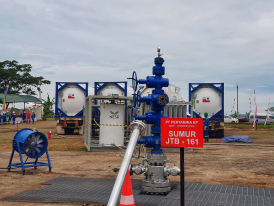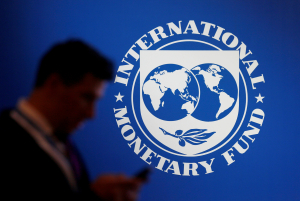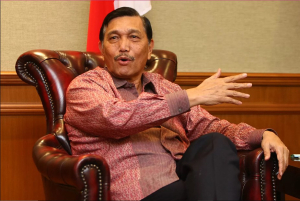Indonesia shifts palm oil market focus to Africa amidst EU deforestation regulations
Indonesia, as one of the major global producers of palm oil, is strategically reassessing its export destinations in light of the recent deforestation regulations imposed by the European Parliament. The country is now eyeing Africa as a potential market for its palm oil products, signaling a significant shift in its trade dynamics.
Vital commodities in danger
The EU Deforestation Regulation (EUDR) came into effect on May 16, 2023, mandating stricter documentation and verification requirements for palm oil exporters. The regulation aims to ensure that products entering the EU market are not linked to deforestation activities after January 1, 2021. Non-compliant exporters may face fines of up to 4% of their EU-generated revenue.
The scope of the EUDR extends beyond palm oil to encompass other key commodities, such as charcoal, coffee, soybeans, cocoa, beef, and timber, as well as related industries like rubber, paper, and leather.
Bernd Lange, the Chair of the International Trade Committee of the European Parliament, emphasized that the regulation applies not only to specific countries but also to European producers, underscoring the shared responsibility in combating deforestation.
Luhut Binsar Pandjaitan, the Coordinating Minister for Maritime Affairs and Investment, firmly denied that the establishment of the Palm Oil Governance Task Force was solely in response to the EU Deforestation Law. While addressing concerns related to deforestation, the task force's primary objective is to improve various aspects of the palm oil industry, including rejuvenation efforts and the resolution of illegal land practices within forest areas.
Setting eyes on African markets
Luhut recently met with members of the European Parliament to discuss the potential consequences of the new regulations.
During the meeting, Indonesia conveyed its intention to gradually redirect millions of tons of palm oil exports away from Europe and towards emerging markets in Africa.
"Instead of engaging in unnecessary disputes, let's explore new opportunities," Luhut said on June 23, 2023.
In response to the EU regulations, Indonesia recognizes the need to diversify its palm oil market and is actively exploring opportunities in Africa. By tapping into this emerging market, Indonesia seeks to secure alternative trade channels for its palm oil industry and ensure its continued growth and sustainability.
As Indonesia sets its sights on Africa, the potential shift in trade patterns could foster mutually beneficial partnerships between Indonesian palm oil producers and African countries. Moreover, this redirection of exports could contribute to Africa's economic development and bolster regional trade cooperation.
While the discussions between Indonesia and the EU continue, the exploration of new market opportunities in Africa underscores Indonesia's proactive approach to adapt to evolving international trade dynamics and secure a sustainable future for its palm oil industry.
Tag
Already have an account? Sign In
-
Start reading
Freemium
-
Monthly Subscription
30% OFF$26.03
$37.19/MonthCancel anytime
This offer is open to all new subscribers!
Subscribe now -
Yearly Subscription
33% OFF$228.13
$340.5/YearCancel anytime
This offer is open to all new subscribers!
Subscribe now





